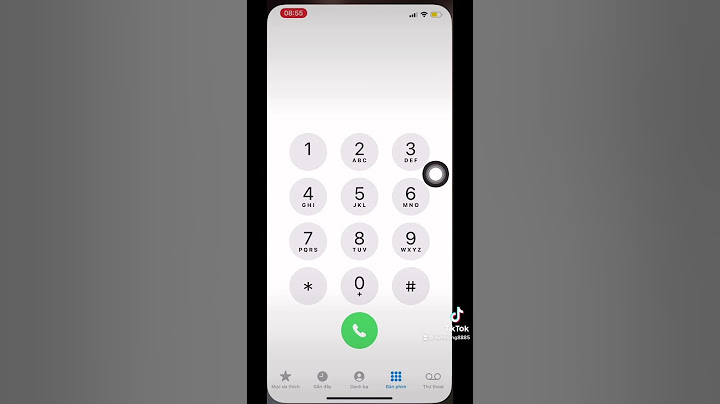Families may be paying more than they should to top-up their relatives’ care home funding due to a lack of checks by local authorities. Show Almost three-quarters of councils are failing in their duty to check that the top-up fees paid by relatives to supplement local authority fees for care homes are voluntary and affordable, said a report today by Independent Age. About 56,000 families pay top-up fees in England, according to market analysts Laing and Buisson. Of the 129 English councils that responded to the charity’s Freedom of Information requests, 93 said they did not know about all the top-up fees being paid by families in their area, including 36 that said they held no information at all on these payments. This is despite national guidance that requires councils to check that relatives are willing and able to pay the fees and states that local authorities must foot the bill if families fail to make the payments, which can be as high as several hundred pounds a week. The charity also surveyed 68 care homes or care homes groups on their experiences, 79% of which said they had at least one resident that was having their fees topped up by a family member or friend. In 42% of homes, all top-ups were arranged directly between the care home and the family member without any input from the local authority. Independent Age said this suggested councils were ignoring their responsibilities to relatives. “This report demonstrates a real concern that top-up fees are becoming a ‘secret subsidy’ by which some underfunded councils limit the amount they spend on care,” said Independent Age chief executive Janet Morrison. “But because councils are not keeping records of the payments, no one can be sure about the true level of top-up fees – or whether they are really voluntary.” The report said councils needed to review their policies and practices to make sure they are following the national guidance and called for greater scrutiny of local top-up payment arrangements by the Department of Health. It also wants all families to be offered independent advice prior to signing top-up fee agreements, a practice that only one in four authorities is currently doing, according to Independent Age’s survey. What the guidance says Guidance on top-up fees was issued in 2004 under the National Assistance Act 1948 (Choice of Accommodation) Directions 1992. Where a council assesses that it is necessary to meet a person’s needs through residential care under section 21 of the National Assistance Act 1948, it must arrange a place for them in a care home of their choice if this would meet their needs and costs no more than what the council would usually pay for such a place (the “usual cost”.) If the home’s fee is greater than the usual cost, then the council must arrange for the placement if a third-party is willing to fund the difference. However, the council remains responsible for ensuring that the full cost of the placement is paid. As a result it must assure itself that the third-party is able and willing to pay the top-up. Sounds like someone has made a mistake assuming he’s LA funded. They tend to charge more for self funded care than they charge to LAs but don’t think it would be expressed in that way. Don’t sign.
My brother and I have been given contract to sign by the care home mentioning a payment of £20 per week top-up fee. Can this come out of Dad's finances? He is over the threshold so will be self-funding, but where does this top-up fee fit into that?You do not have to pay any top up fees be it above or below the threshold. Do not sign.  SAPRegistered User
D2A placements are funded by social care therefore any contracts go to them. As above , don’t sign and ask for clarity. 
Thank you so much everyone! So helpful ♥ And NO then, I'm not signing it. Will ask more questions of LA and the care home about this.
My brother and I have been given contract to sign by the care home mentioning a payment of £20 per week top-up fee. Can this come out of Dad's finances? He is over the threshold so will be self-funding, but where does this top-up fee fit into that?From my own experience...my husband's top up fees were originally £30 per month,the care home stated this was "extra" to pay because his room had an en suite toilet...fast forward the next year,top up fees became£60 per month,even though I had requested my husband be moved to a room with no en suite toilet,which they did many months before.I asked the council to be reassessed,and this was carried out,but of course,this does not help me as they only reassessed my husband's care fees.Cut a long story short,the fees went up from £60 to £120 a month...this time I said no,not paying them,what do they represent.Turns out the care home can only charge a top up fee if there has been an upgrade of some sort in the room,and there hadn't...now in process of claiming back the top up fees from when my husband was moved from the en suite room to one without...You are not responsible for a top up fee,and if you refuse to pay,the local council HAVE to pay it.
Top-up fees are voluntary and you dont have to pay them, but the local authority doesnt HAVE to pay it - they may decide that the person with dementia would have to move to another home where top-up fees are not required.
They do have to pay it,they cannot move the person to a cheaper home because that would be detrimental to their mental health.
The LA may, or may not, accept this argument. It is about the only reason they may decide to pay the extra, but it is not a given Who is responsible for care home top up fees?Who can pay top-up fees? You can't usually pay your own top-up fees; they're generally paid by a third party, such as a friend, relative or charity. If you've agreed to pay a top-up fee for someone else, you'll be asked to sign a contract, preferably with the council who will then pay the care home. What does local authority are with top up mean?If your choice of care home accommodation costs more than your local council is willing to pay, someone else can make up the difference between that figure and the home's fee. This is known as a third party top-up fee. Is third party top up legal?Whether you will have a top-up fee to pay is your decision. They are legal, but there's no legal requirement for a third party to meet this cost. Top up fees aren't legal if the funding you're receiving is from the NHS under Continuing Healthcare. What happens to care home fees when someone dies?When someone dies, their care home will issue an invoice for any outstanding care home fees. Next of kin will not have to pay this, but instead, it will be taken from the person's estate. As next of kin, you don't have to pay these outstanding fees yourself (unless you've signed a contract saying you'll do so). |




















